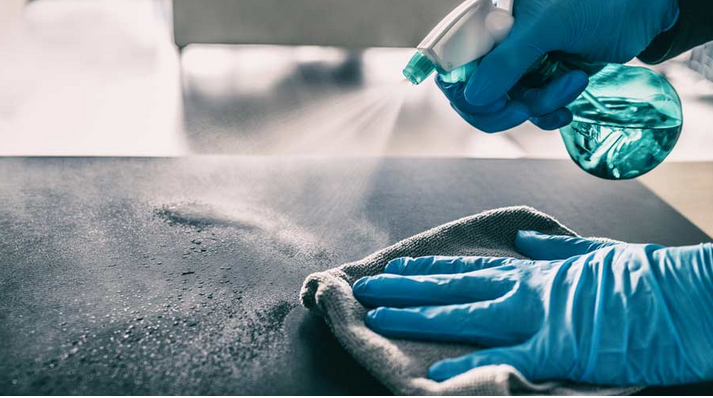Athens, the ancient town revered for the ethnic heritage, has also been the main thing on dealing with diseases via disinfection methods. From medieval times towards the contemporary time, Athens has utilized numerous strategies to make sure community health insurance and personal hygiene. Here’s a comprehensive examine disinfections:
Traditional Circumstance:
In historic Athens, community wellness was a point of fantastic issue, evidenced through the organization of community bathing, sewage techniques, and regulations concerning squander fingertips. Disinfection procedures had been rudimentary but successful, regarding fumigation with aromatic compounds like incense and natural herbs.
Present day Methods:
Today, Athens utilizes stylish disinfection methods to fight illnesses, especially during wellness crises for example pandemics. Using chemical substance disinfections (απολυμανσεις), ultra-violet (Ultra violet) light sterilization, and innovative purification methods are very common in public spots, medical facilities, and travel hubs.
Importance of Disinfection:
Disinfection plays an important role in avoiding the distribute of contagious ailments. In densely populated downtown regions like Athens, where tourist and trade are important, keeping higher requirements of hygiene is extremely important. Effective disinfection not only guards residents but additionally assures the safety of site visitors, bolstering the city’s status as a inviting vacation spot.
Problems and Innovations:
Despite breakthroughs in disinfection technology, challenges carry on, like the development of drug-tolerant pathogens and the demand for sustainable disinfection techniques. Athens continues to innovate, investigating eco-pleasant disinfectants and implementing robust security solutions to find and contain outbreaks quickly.
Neighborhood Engagement:
Community consciousness and involvement are essential components of Athens’ disinfection initiatives. Education and learning activities on personal hygiene methods, proper squander managing, and the responsible consumption of disinfectants encourage residents to give rise to a more clean and much healthier city.
Conclusion:
Athens’ commitment to disinfection mirrors its devotion to open public safety and health. By using historic insights and embracing contemporary technologies, the city consistently establish standards in illness prevention. As Athens navigates the challenges of the twenty-first century, its robust disinfection tactics work as a model for downtown locations globally.
